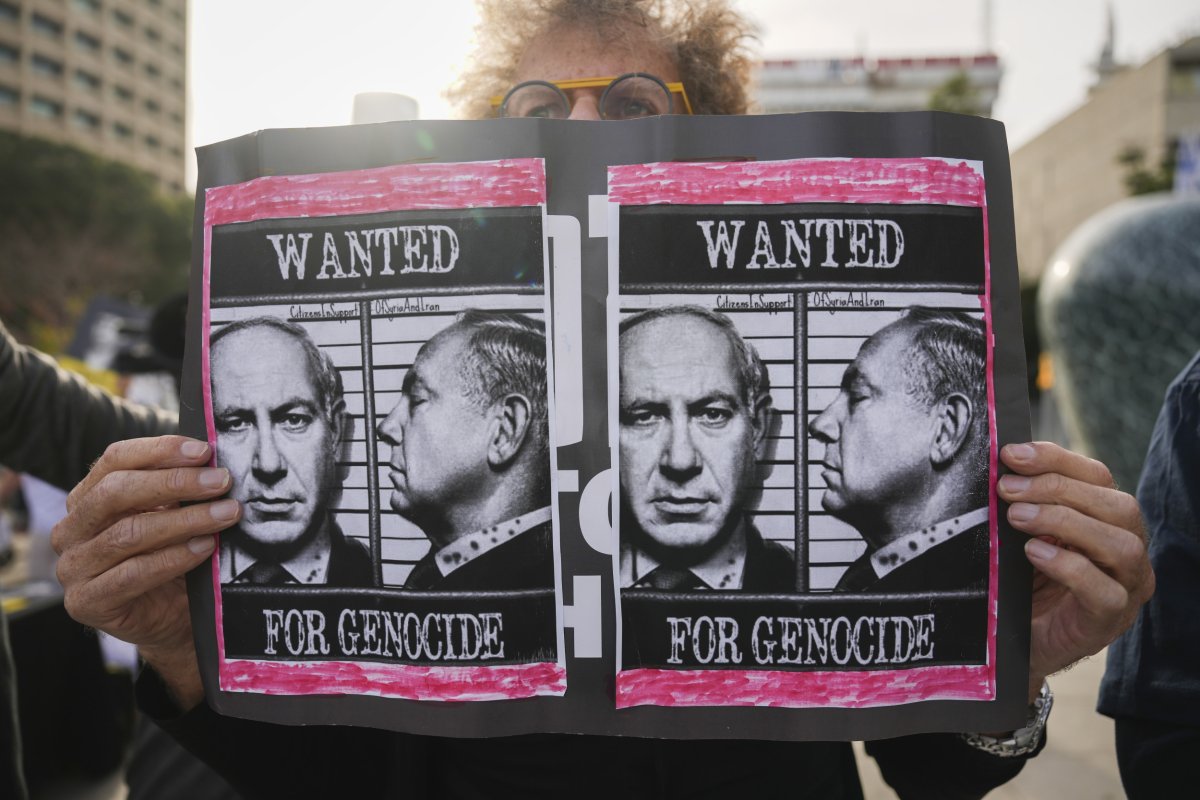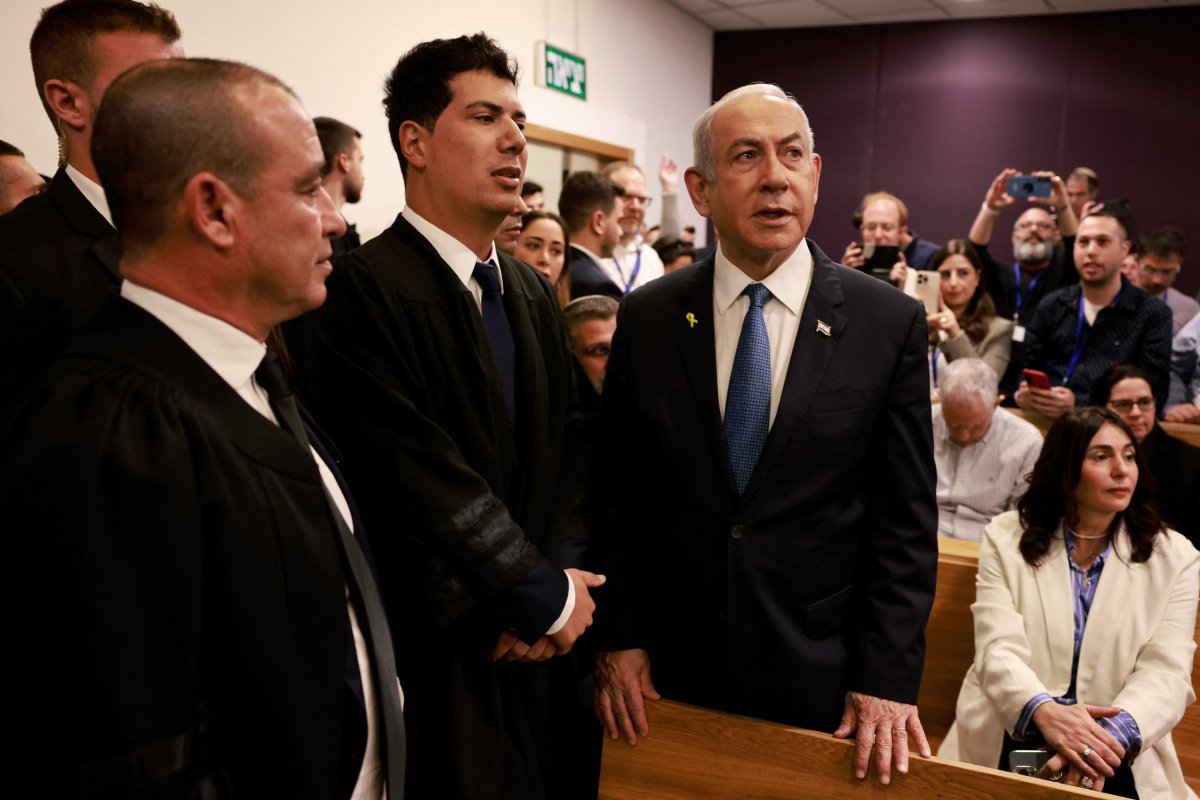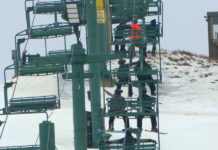Israeli Prime Minister Benjamin Netanyahu took the stand on Tuesday in Tel Aviv to defend himself against corruption charges.
He is the first sitting Israeli leader to testify as a criminal defendant while also contending with an international arrest warrant for alleged war crimes.
The Israeli Justice Ministry first announced three indictments in 2019, spanning fraud, accepting bribes, and breaches of trust.
Proceedings are taking place in an underground, fortified courtroom for security reasons. He is expected to testify for three days a week for several weeks.
Netanyahu had asked to delay his testimony——the latest of years of requests because of the conflicts roiling the Middle East——but the courts insisted upon his attendance from here onward. The court also denied a request reduce the expected number of hours of testimony due to his commitments as PM.
He described the charges as a “drop in the sea” compared to his challenges as Israel’s leader, insisting they were baseless.
“I waited eight years for this moment, to say the truth,” Netanyahu said during his testimony, adding that he would “poke holes in the absurd accusations.”

MENAHEM KAHANA/POOL/AFP via Getty Images
What Are the Accusations against Netanyahu?
Three primary cases dominate the corruption trial. The bulk of the allegations suggest Netanyahu and his wife, Sara, overindulged in an expensive lifestyle at the public’s expense and weaponized connections to maintain good PR among Israeli media.
Firstly, prosecutors allege Netanyahu received a “supply line” of expensive gifts, including cigars and Champagne, from a Hollywood producer in return for favors.
Some of the anecdotes in question come from former aides.
Netanyahu was reportedly also recorded asking Arnon Mozes, the publisher of the Yediot Ahronot daily, for positive coverage in exchange for helping to weaken their competitors, pro-Netanyahu newspaper Israel Hayom, that had cut into Yediot‘s business.
Netanyahu has noted that a proposed law to weaken Israel Hayom never passed and that he had even dissolved his coalition and called a new election in 2015 because of his opposition to the proposal.
The wife of Sheldon Adelson, Israel Hayom‘s late American financier, also alleges that Sara exerted pressure on her to provide gifts and favorable media coverage.
The desire for positive press also crops up in the third and final allegation, where the PM stands accused of promoting regulations that benefited media moguls in exchange for favorable news coverage on popular news site Walla, owned by The Jerusalem Post.

AP Photo/Ariel Schalit
Crowds Gather Outside ‘Crime Minister’ Trial
Proceedings first began in May 2020 after years of research.
Netanyahu, 75, denies the accusations, claiming they are part of a politically motivated “witch hunt” to undermine his leadership.
He said he occasionally smoked cigars but rarely finished them due to his workload and claimed to have a strong dislike for Champagne.
The trial has added to an already unsettling state of affairs in Israel.
Demonstrators gathered outside the fortified courthouse during his testimony, one banner labeling Netanyahu a “Crime Minister.”
Inside the courtroom, Netanyahu’s lawyer, Amit Hadad, accused prosecutors of piecing together a fabricated case.
“There was a huge effort … to find a few pieces of a puzzle that don’t connect to each other,” Hadad said, emphasizing that the defense would dismantle the accusations.

MENAHEM KAHANA/POOL/AFP via Getty Images
How Could This Intersect With the ICC Ruling?
It is yet to be seen how, if at all, this trial coincides with action recently enacted by the International Criminal Court (ICC).
On Nov. 21 the ICC issued arrest warrants for Netanyahu and former Defense Minister Yoav Gallant, accusing them of war crimes and crimes against humanity during the ongoing conflict in Gaza.
Netanyahu decried the charges as “false and absurd.”
The ICC’s decision obligates its 124 member states to arrest the pair if they enter their territories. Last month the death toll in Gaza reached 44,000 people, almost half of which are believed to be children, according to Palestinian officials.
Despite the scale of legal challenges both at home and abroad, Netanyahu remains defiant. Under Israeli law, an indicted prime minister is not required to resign.
It is expected a verdict for the domestic trial will be reached in 2026.
Until then, Netanyahu says he will “find a balance” between governing and his legal troubles.
This article includes reporting from The Associated Press


























